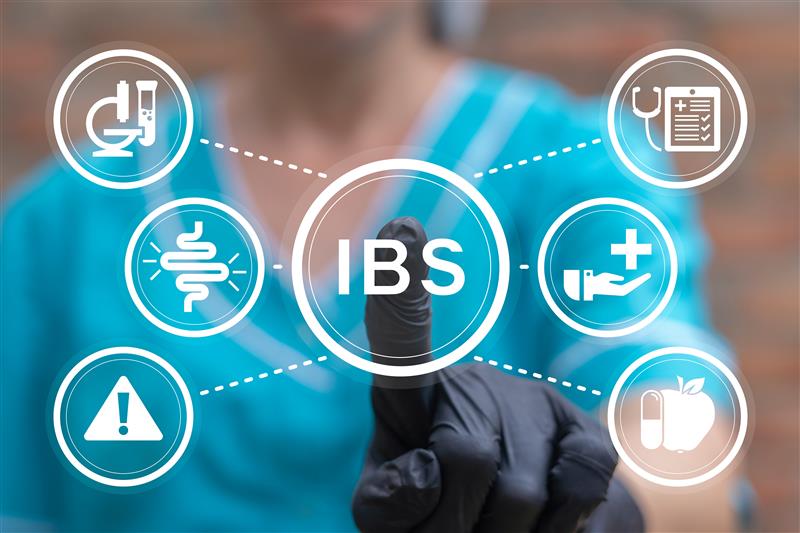- mycyclopedia
- 0 Comments
Overview
- Irritable bowel syndrome (IBS) is a long-term condition that affects your bowel function. It causes changes in your bathroom habits, such as how often you go and the consistency of your stools, along with stomach pain.1 A specialist can help you identify the typical symptoms of IBS and determine if any of your symptoms suggest the need to check for other conditions.2
Understanding Symptoms of IBS
- IBS symptoms can show up often or only during flare-ups.3
- Signs and symptoms of IBS include3
- Stomach pain or cramps, usually related to the need to use the bathroom.
- Excess gas and swollen stomach.
- Diarrhoea, constipation or switching between both.
- Mucus (slimy substance) in your poop.
- Feeling like you are not able to fully empty your bowels after using the bathroom.
- If you have IBS, you may have noticed that certain factors can trigger or worsen your symptoms. However, these factors do not cause IBS. Common triggers include3
- Your menstrual cycle.
- Certain foods such as dairy, gluten-containing foods (like wheat) and gassy foods or drinks.
- Stress.
Warning Signs: When to Seek Medical Help
- Visit your doctor if your symptoms last for more than 3 months or if they are getting worse. Even if your symptoms happen less often but are affecting your daily life, it is a good idea to consult your healthcare provider.3
- Some symptoms might point to a more serious issue. Contact your doctor right away if you experience typical IBS symptoms along with3
- Fever.
- Vomiting.
- Bleeding from the rectum.
- Unexplained weight loss.
- Severe diarrhoea that wakes you up at night.
- Intense stomach pain, especially one that does not get better after using the bathroom or passing gas.
What to Expect at the Doctor’s Visit?
- A doctor usually diagnoses IBS by conducting a thorough physical examination, where you describe your symptoms and medical history. The doctor may diagnose IBS based on this information but will also watch out for warning signs that could suggest another issue.2
- They may ask the following3:
- Do you feel pain when going to the bathroom?
- Have you noticed a change in how often you use the bathroom?
- Has the appearance of your poop changed?
- How often do you have these symptoms?
- When did your symptoms begin?
- What medications are you currently taking?
- Have you been sick or gone through a stressful event recently?
Possible next steps
- Living with IBS can be difficult because symptoms may come and go throughout your life.3
- There is no single treatment that works for everyone, but most people with IBS are able to find a plan that suits them. Common treatment options include making changes to your diet and routine, with medications also being helpful.3
Symptoms of IBS, such as stomach pain, diarrhoea, constipation, and gas, can be uncomfortable and disrupt your daily life. However, IBS is manageable. You can ease your symptoms by changing your diet and adjusting your daily habits to better cope with triggers. If your stomach issues persist, you may consult your doctor.3
References:
- Camilleri M. Diagnosis and treatment of irritable bowel syndrome: a review. JAMA. 2021;325(9):865-877.
- Irritable bowel syndrome (IBS). Johns Hopkins Medicine. Accessed September 23, 2024. https://www.hopkinsmedicine.org/health/conditions-and-diseases/irritable-bowel-syndrome-ibs
- Irritable bowel syndrome. Cleveland Clinic. Accessed September 23, 2024. https://my.clevelandclinic.org/health/diseases/4342-irritable-bowel-syndrome-ibs

